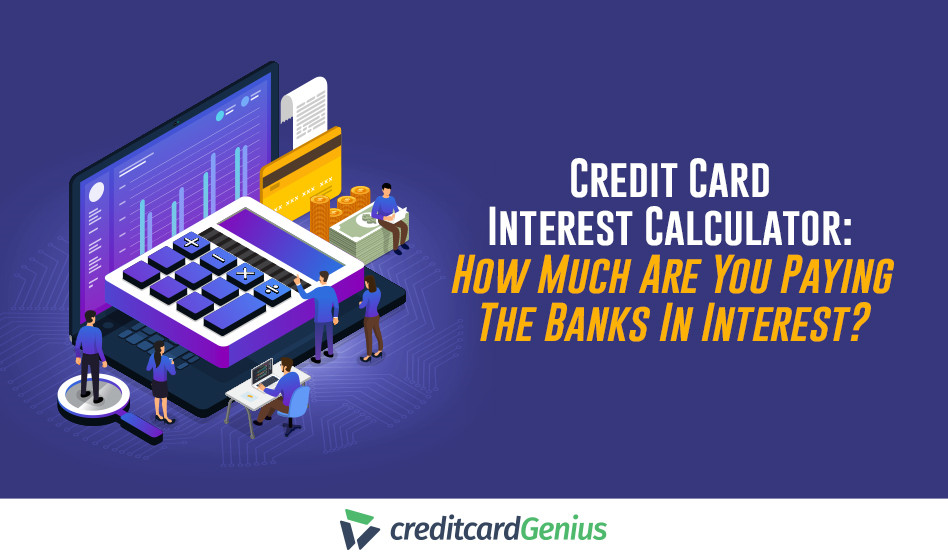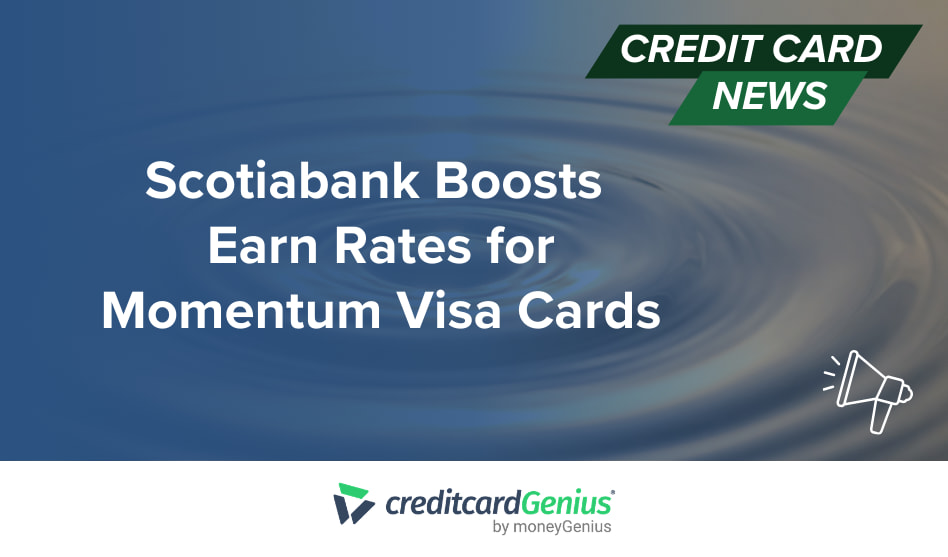To apply for a credit card, all you have to do is meet the eligibility criteria, gather the required documentation, submit your application, and wait for a response.
The process is straightforward but can be a bit nerve-wracking if you’ve never done it before. In fact, more people find that choosing a credit card is more difficult than the application process itself. But don’t worry, we have all the information you need to get started, including tips for finding and applying for a card, and how to use your card responsibly.
Key Takeaways
- Check your credit score and income level before you submit a credit card application.
- Shop around for the credit card that best suits your needs.
- Have you personal information, including your social insurance number, handy when you fill out the application.
Never miss an amazing deal again + get our bonus 250+ page eBook for FREE. Join 50,000 other Canadians who receive our weekly newsletter – learn more.
Before you start: Check your credit report
There are a few easy ways to check your credit report: using a free credit score service, requesting it from TransUnion or Equifax, or getting it from your bank.
While issuers don't openly state what score you need to get approved, you'll likely need a minimum score of 660 to be approved for most credit cards.
With that said, we looked at approval chances for various credit score ranges and here's a summary of what we found:
| Credit score range | Approval chances |
|---|---|
| 300 – 560 | 17% |
| 560 – 660 | 44% |
| 660 – 725 | 57% |
| 725 – 760 | 65% |
| 760 – 900 | 69% |
Even if you have excellent credit, you're not guaranteed to be approved for a credit card. Read our study to learn about the other factors in play here.
Read more: What Is A Good Credit Score In Canada ‒ And Is It Good Enough To Be Approved?
How to apply for a credit card in Canada
Assuming you've found a credit card that offers what you want, follow these 4 steps to complete the application process.
1. Make sure you meet the credit card eligibility requirements
Credit card companies usually have a few eligibility requirements that you have to meet to be approved. Here are the most common:
- Age of majority: To enter into a legal contract in Canada, you must be the age of majority – either 18 or 19 – in your province or territory of residence.
- Resident of Canada: Most issuers require that you be a resident or permanent citizen, but some banks offer special credit cards for temporary residents or newcomers to Canada who have a steady source of income.
- Income requirements: Credit card issuers can set their own income requirements, which vary widely depending on the card. If you’re struggling to meet Visa or Mastercard’s income requirements, check out American Express – most Amex cards don’t have minimum incomes.
Keep in mind: You're not guaranteed to get the card if you meet the above criteria but you almost certainly won’t be approved if you don’t meet these minimum requirements.
2. Gather the required documents and information
Almost every credit card application asks for your full name, contact information, social insurance number, employment details, income details, and home ownership status.
This may feel like a lot of private information to give out, but banks and other credit card issuers need it to determine whether they're willing to extend you credit.
Pro Tip: While providing your SIN on a credit card application is optional, it can speed up the verification process.
3. Submit your application
Submitting your credit card application online is probably the easiest method, but some issuers – like credit unions – might require you to fill out an application in person. If you’re new to Canada or you’re a temporary resident, this might apply to you.
4. Wait for approval and your new card
Once you apply, you might:
- Be approved instantly and maybe even get a temporary virtual credit card that you can use right away
- Be approved instantly but have to wait for your physical card to come in the mail
- Have to wait a few weeks to find out if you're approved and, if applicable, get your card
Most online credit card applications give you an answer immediately or within a day or two.
How to find the right credit card for you
If you need help figuring out which credit card is the right one for you, our 3-minute creditcardGenius Quiz asks you a few questions and uses your information and preferences to compile a short list of cards that best suit your needs. It will only include cards that you're eligible for, which makes it significantly more likely that you'll be approved.
If you have the GeniusCash app, connect your current cards and let our Max feature analyze your spending. You’ll get personalized recommendations and offers to help you get the most rewards for your unique spending habits – and suggestions for credit cards and other financial products that can help you level up your returns.
Here are some of our favourites:
| Category | Credit card | Pros | Cons | Learn more |
|---|---|---|---|---|
| Best overall | American Express Cobalt Card | * Up to 15,000 bonus points * Up to 5 points per $1 spent on purchases * 4 ways to redeem points for high value * 10 types of travel insurance | * Lower acceptance as an Amex card | Learn more |
| Best for cash back | MBNA Rewards World Elite Mastercard | * Up to 5 points per $1 spent on purchases * Up to 30,000 bonus points * 10% bonus points every year on your birthday * 12 types of insurance | * Income requirements of $80,000 personal or $150,000 household * Points worth more when redeemed for travel instead of cash | Learn more |
| Best premium | American Express Platinum Card | * Get up to 100,000 bonus points * Earn up to 2 points per $1 spent on purchases * More perks than any other card in Canada * $400 in annual travel and dining credits * Unlimited airport lounge access at over 1,300 lounges * 4 ways to redeem points for high value * 11 types of travel insurance | * Lower acceptance as an Amex * High annual fee of $799 | Learn more |
| Best with no annual fee | Tangerine Money-Back World Mastercard | * earn $120 bonus cash back when you spend $1,500 in the first 3 months * 2% cash back on up to 3 categories of your choice * 1.95% on balance transfers for 6 months * Mobile device insurance | * Only earns 0.5% cash back on non-category purchases * Income requirements of $60,000 personal or $100,000 household | Learn more |
| Best for newcomers and credit building | Neo Secured Mastercard | * Near-guaranteed approval as a secured credit card * Average of 5% cash back with Neo retail partners * No annual fee * Approval with fair to good credit | * No insurance included Limited rewards outside of Neo partners | Learn more |
| Best for students | BMO CashBack Mastercard for students | * 5% cash back for the first 3 months, up to $2,500 in spend * Up to 3% cash back on purchases Save up to 7 cents per litre at Shell | * Only earns 0.5% cash back outside of bonus categories * Limited insurance available | Learn more |
FAQ
What credit score do you need to get a credit card in Canada?
There’s no set rule but the higher your score, the better your approval odds are. You’ll typically need at least a 660 to be considered for a standard credit card.
What is the minimum income for a credit card in Canada?
The minimum income for a credit card in Canada depends on the credit card issuer. American Express typically has the lowest income requirements (sometimes none), while Visa or Mastercard have variable income requirements depending on which card you’re applying for.
What is the easiest credit card to get approved for?
Secured and prepaid credit cards are the easiest credit cards to get in Canada. Most other credit cards require a high credit score and a significant income.
How do I apply for a credit card online?
Most credit card applications are done online on the issuer’s website. You check the requirements, fill out the necessary information, and submit your application. You can even earn GeniusCash cash back if you get approved using one of our links.
creditcardGenius is the only tool that compares 126+ features of 228 Canadian credit cards using math-based ratings and rankings that respond to your needs, instantly. Take our quiz and see which of Canada's 228 cards is for you.









































Comments
Leave a comment
Required fields are marked with *. Your email address will not be published.